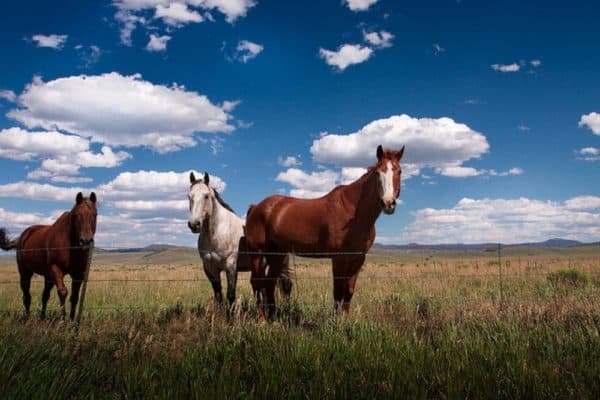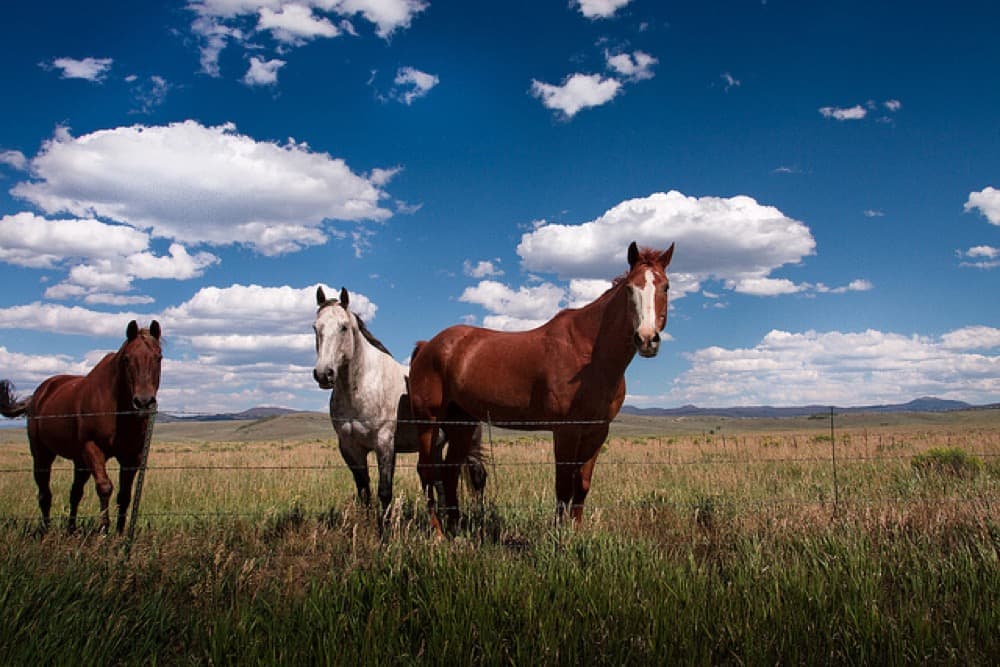
Amendment U is worth about $125,000 to Colorado and less than $25 each to some 5,000 people who earn money on state-owned lands.
Here's the language you'll see on your ballot:
Shall there be an amendment to the Colorado constitution concerning an exemption from property taxation for a possessory interest in real property if the actual value of the interest is less than or equal to six thousand dollars or such amount adjusted for inflation?
Colorado ballot guide: Learn about the rest of this year's ballot measures.
What does that mean?
There are no property taxes collected on government-owned property, but people who earn money on public lands -- a rancher with a grazing lease or a rafting guide with a permit -- have what's called a "possessory interest" in the land and can owe property taxes based on the money they earn from using public lands. The money mostly goes to local government bodies.
Amendment U, which was referred from the legislature, would exempt people who earn less than $6,000 a year from the use of state-owned land from paying property taxes on their possessory interest. That threshold would be adjusted upward with inflation starting in 2019.
There are roughly 7,000 possessory interests in Colorado with an assessed value of $315 million. They pay roughly $7 million a year in property taxes collectively.
Amendment U would apply to an estimated 5,100 possessory interests that collectively pay around $125,000 a year or an average of $24 each.
Supporters argue that it costs more to administer and collect these taxes than the revenue they generate for local governments. Opponents argue that it's unfair to exempt people who are earning private profit on taxpayer-owned land, and this tax should be collected uniformly across beneficiaries.













